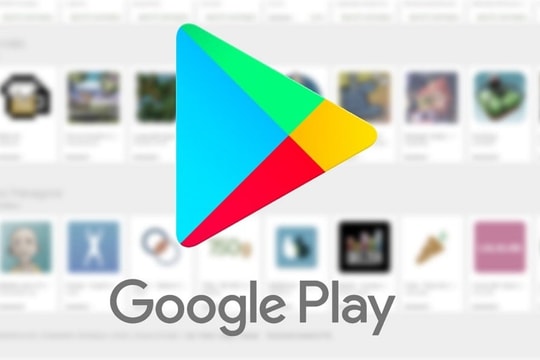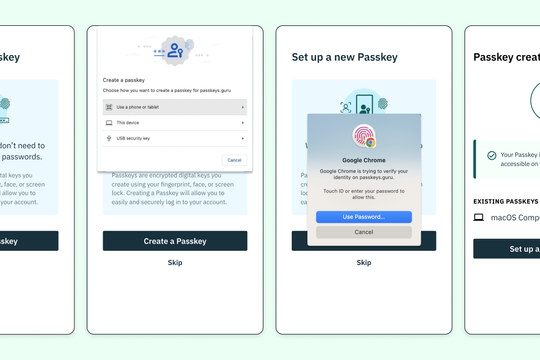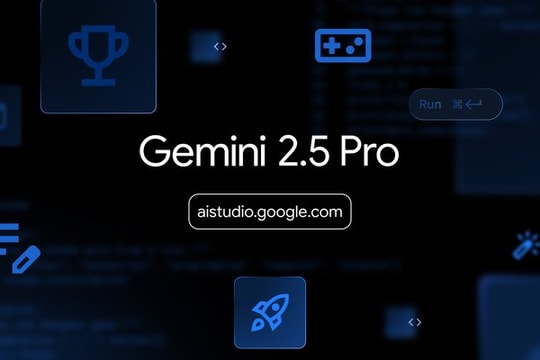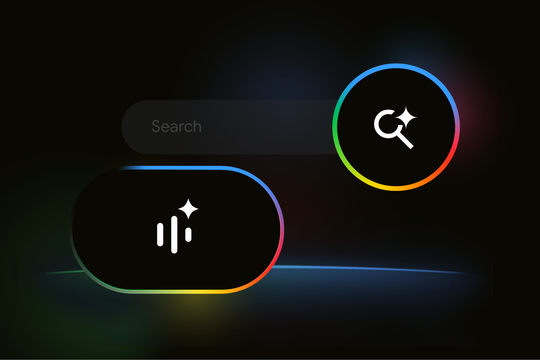Comparing Google AI Mode, Microsoft Copilot with search engines
Google and Microsoft launch AI-powered search engines, but are they superior to traditional ones?
Google and Microsoft launch AI search engine
This week, Google and Microsoft simultaneously introduced two search engines integrated with artificial intelligence to change the way users access information on the Internet.
Google is rolling out AI Mode in the UK after launching it in the US and India. The feature combines the Gemini 2.5 model with the search engine, allowing users to ask questions using text, images or voice. Users can compare products, plan trips or ask complex questions.
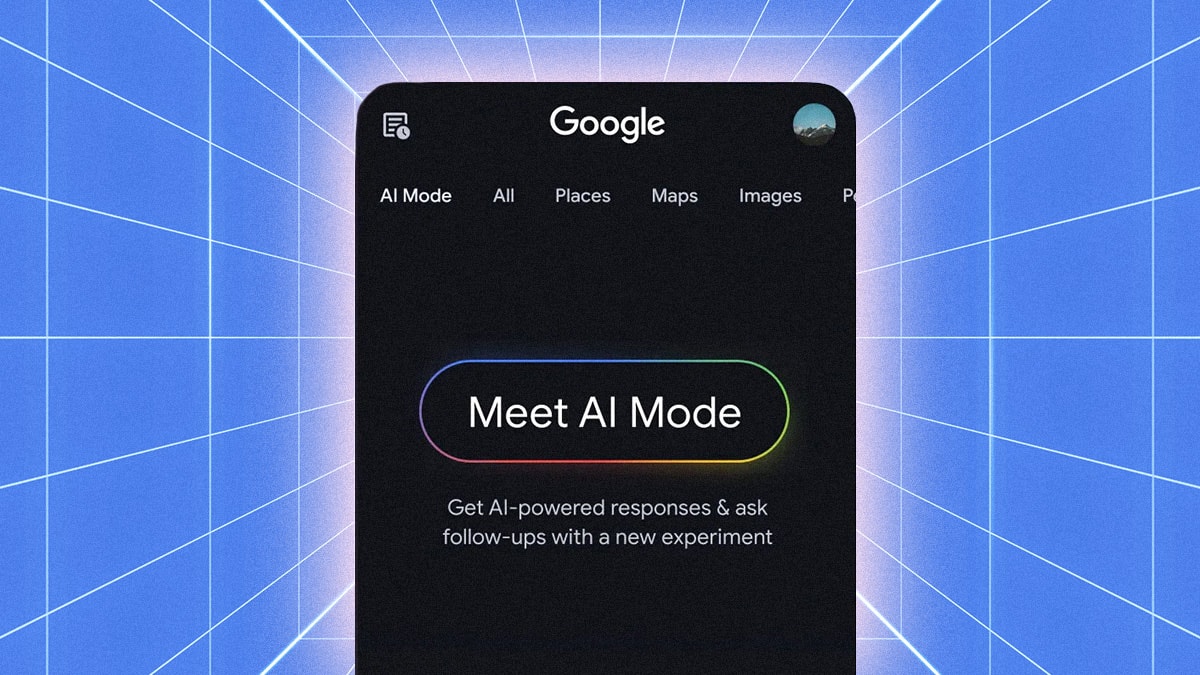
Microsoft also introduced Copilot Mode on the Bing search bar, which uses an AI model that can “read, synthesize, and analyze information from the web” to provide short, direct answers.
Chatbot-like interface, but can't handle tasks yet
When asked to recommend electric bikes, create a seven-day diet plan, compile AI engineering jobs in London, and analyze views on the measles vaccine, both tools acted like chatbots, responding with conversation and specific suggestions.

However, both Google AI and Copilot make assumptions about users, such as whether they have cooking experience or are active, without checking their actual needs.
When asked to schedule dinner, see a doctor or upload a CV to a recruitment portal, Copilot said it hasn't been able to do so yet, but is working on the feature.
Microsoft Copilot has a "context clues" function, which uses information from open tabs to tailor answers.
For example, when no tabs are open, Copilot suggests jobs from the BeBee platform. But when users open sites like LinkedIn, Glassdoor, or Indeed, the tool only shows job opportunities from those platforms.
Test the ability to handle sensitive information
Both platforms were tested on the controversial topic of "measles vaccine", which has been rife with misinformation online.
As a result, both Copilot and Google AI started with the assertion that the vaccine was effective, while also noting some “fringe” views such as the duration of immunity or rare side effects.
When tabs containing misinformation are open, Copilot offers a more skeptical perspective but with a warning to read carefully to avoid amplifying the misinformation.
Google AI also maintains a scientific perspective as its foundation, but at the same time presents some opposing opinions, with the note: “This is a popular view in the community, although it contradicts the scientific consensus.”
The sources cited are primarily from the WHO, the US CDC, and peer-reviewed medical journals. However, Google and Microsoft did not respond to questions about how they define “high-quality” sources.
New generation search engine but can not replace human
While both are better at handling information than traditional search, they still lack the ability to handle tasks, schedule appointments, make payments, or deeply interact with third-party platforms.
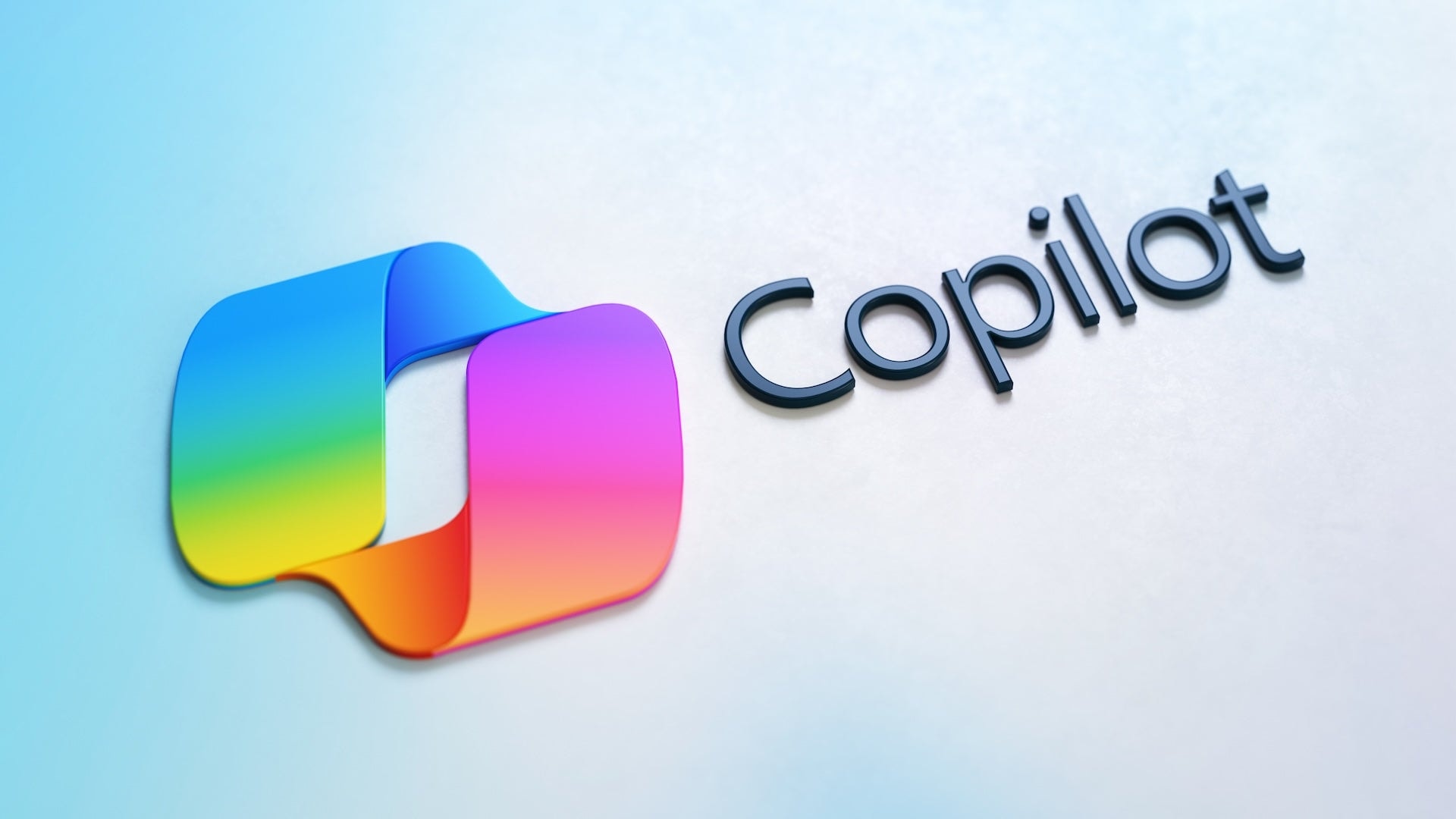
While Microsoft has shown a video of Copilot booking a paddleboard rental, the real-world experience shows that the feature doesn’t work yet. Google AI also can’t add items to a shopping cart after creating a diet menu.
However, future updates are promised to improve this, aiming to turn the search engine into a true personal assistant.
Google and Microsoft are ushering in an era of AI-powered search, where users can interact with voice, images, text, and receive multi-dimensional responses.
While AI Search may not replace complex tasks, it does offer new experiences that are conversational, personalized, and capable of rapid synthesis. But at the same time, it also raises new concerns about information control, sourcing, and accuracy.

